From early agricultural societies of the prehistoric era, ancient fights, medieval wars to modern overly sweet food, dental health and dentistry were always crucial to overall well-being of people. Toothaches were not uncommon but much more annoying without modern painkillers, and cavities and toothlessness are ancient problems that now have modern solutions. Were dentists always as highly regarded as today? What benefits did industrial revolution bring to dentistry, and is there a way to fix its flaws? Read on and find out.
Prehistoric times
With the advent of agriculture and the abandonment of hunter-gatherer societies, tooth decay (cavities) became more prominent. The oldest known dentistry comes from this era of societies evolution, found in Italy where decaying teeth would be cleaned with flint tools, around 14 000 years ago! The first dental filling was found in Slovenia, where 6500 years ago our ancestors would use beeswax to fix their cavities!
Ancient dentistry
Sumerians, Egyptians and Ancient Chinese all mentioned tooth worms as a cause of dental trouble and decay, a myth which would be disproven in the 14th century AD! Tooth-ache remedies were written on papyrus and some even featured recipes for a fractured jaw. The code of Hammurabi referenced dental extractions related to punishment. Greeks and Romans were even using a form of primitive prosthetics.
Ancient Greek dental treatments were surprisingly advanced for their time. They practiced a lot of methods to maintain oral hygiene and suppress dental issues. Greeks used abrasive powders, made from crushed bones, oyster shells, and egg shells, to clean their teeth. To treat toothaches, they relied on natural remedies like fig juice or honey mixes. They also used gold wire to stabilize loose teeth, an early form of dental prosthetics. Hippocrates’ writings and other Greek physicians include instructions for tooth extraction and treating oral infections. These innovative practices laid the groundwork for modern dentistry, reflecting the Greeks' emphasis on health and science.
The Middle Ages
Dentistry in the Middle Ages was a rudimentary practice, often intertwined with general medicine and barbering. Barbers, known as barber-surgeons, were the primary practitioners of dental practice and dentistry, performing extractions and rudimentary oral surgeries using crude tools. Dental pain would be alleviated through extractions, without any type of anesthetic, leading to high rates of complications and infections. Oral hygiene was primitive; people used concoctions of herbs, salt, and vinegar to clean their teeth and freshen breath. Monastic scholars sometimes documented medical knowledge, including dentistry, but overall, advances in dental treatments were slow. The period lacked significant progress in understanding dental diseases, with most treatments focusing on alleviating pain rather than preventing or curing ailments.
Modern dentistry
Dentistry, as we know it today, was developed between 1650s and 1800s, with the Enlightenment and so much brand-new scientific discoveries. Pierre Fauchard, the father of modern dentistry, was an extraordinary skilled surgeon, and, despite the primitive equipment of his time managed to bring the praxis of dentistry to a whole new level. With his creativity and improvisation, adapting tools from barbers and watchmakers, Fauchard significantly improved the field of dentistry and dental health. He pioneered dental prosthetics and found many new ways to replace teeth, suggesting carving them from ivory and gold. After Fauchard, who set an excellent foundation for the field of dental treatments, the field started to evolve rapidly.
This all brings us to today…
The field of dentistry has evolved beyond recognition. With techniques like 3D modeling and with help of AI, dental treatments have never been so successful. Invisaligns, braces, veneers and crowns are all perfectly safe and tested treatments that can improve both your looks and your oral health!
Contact Healing Travel NOW to get those pearly whites you’ve always dreamed of!
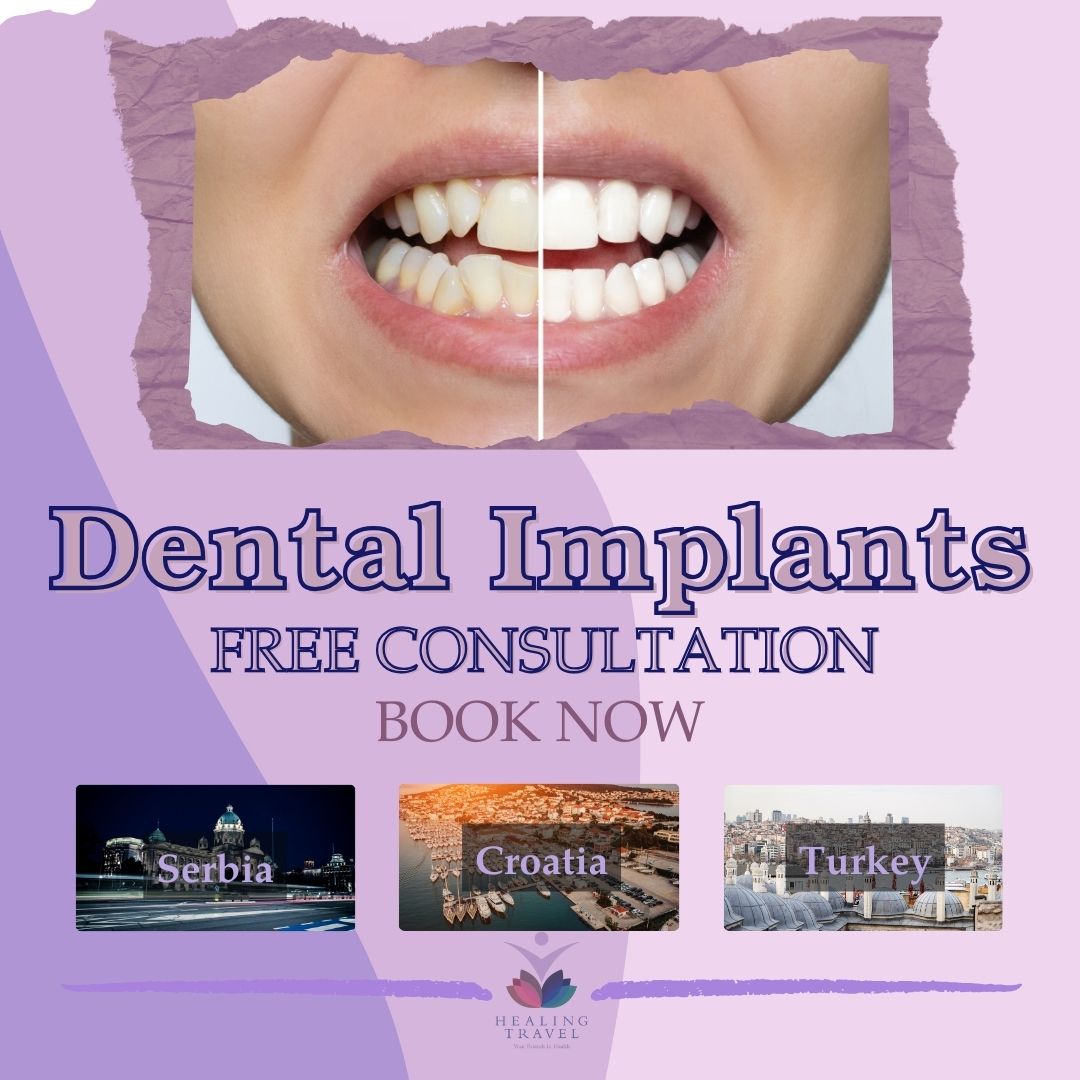
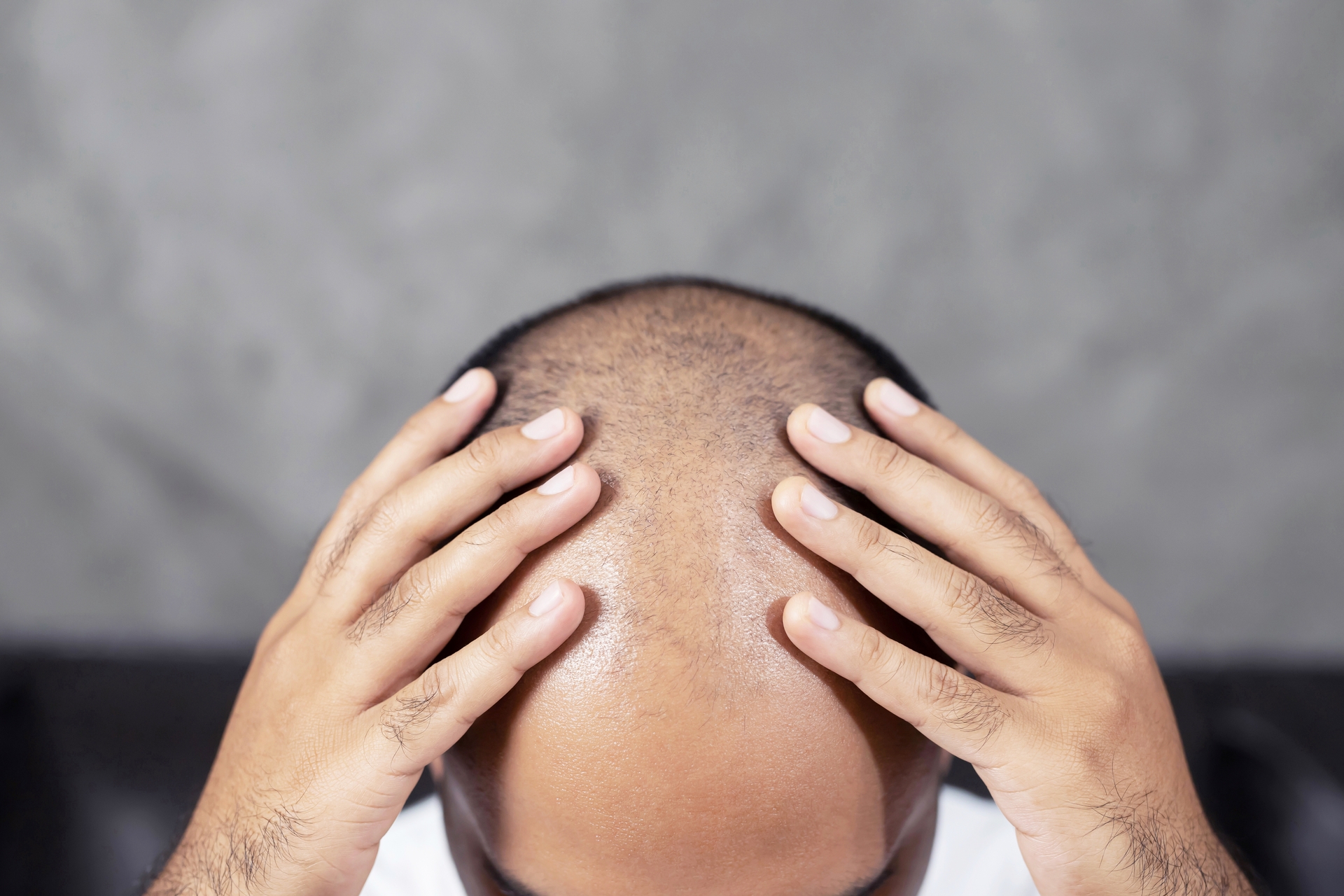
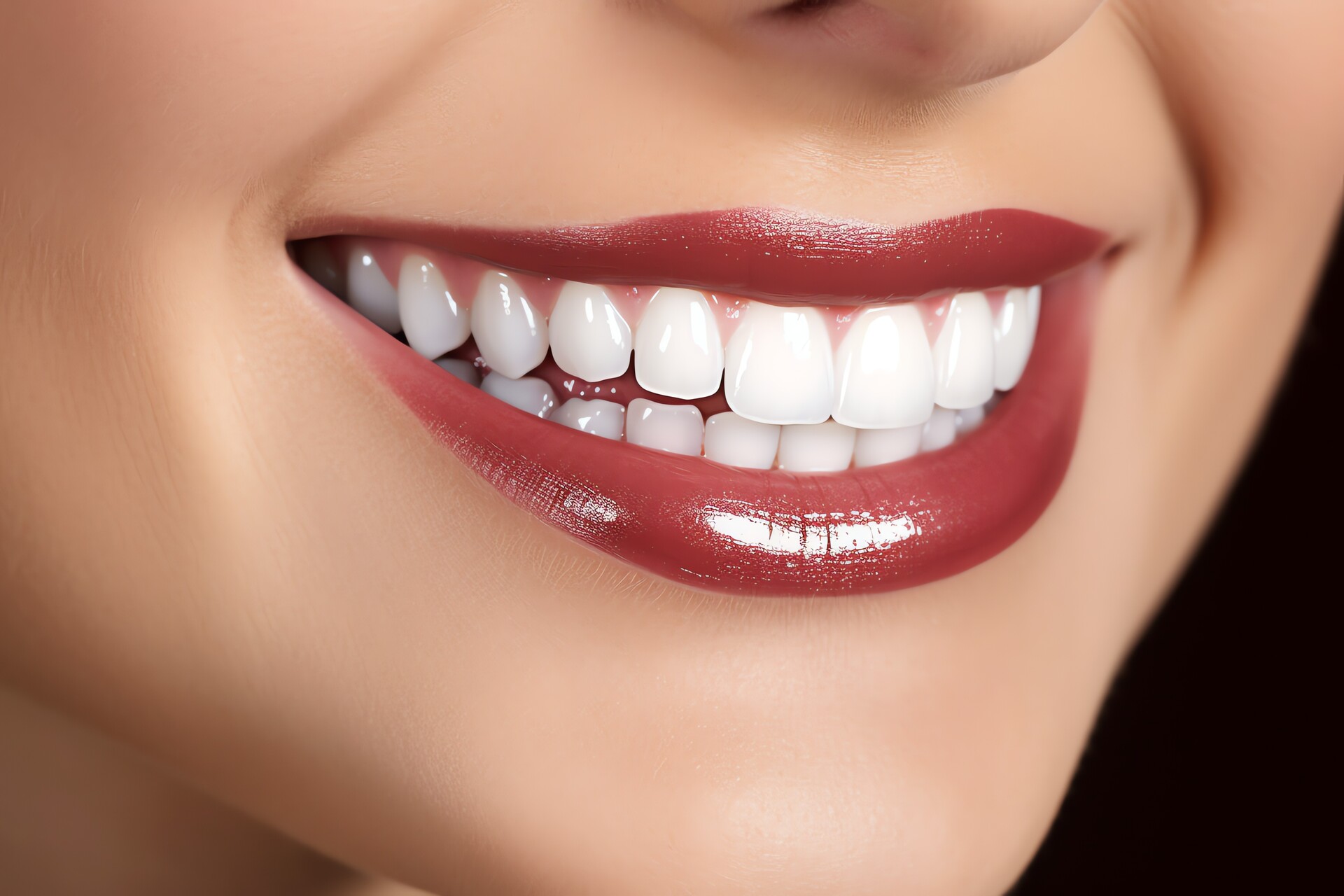

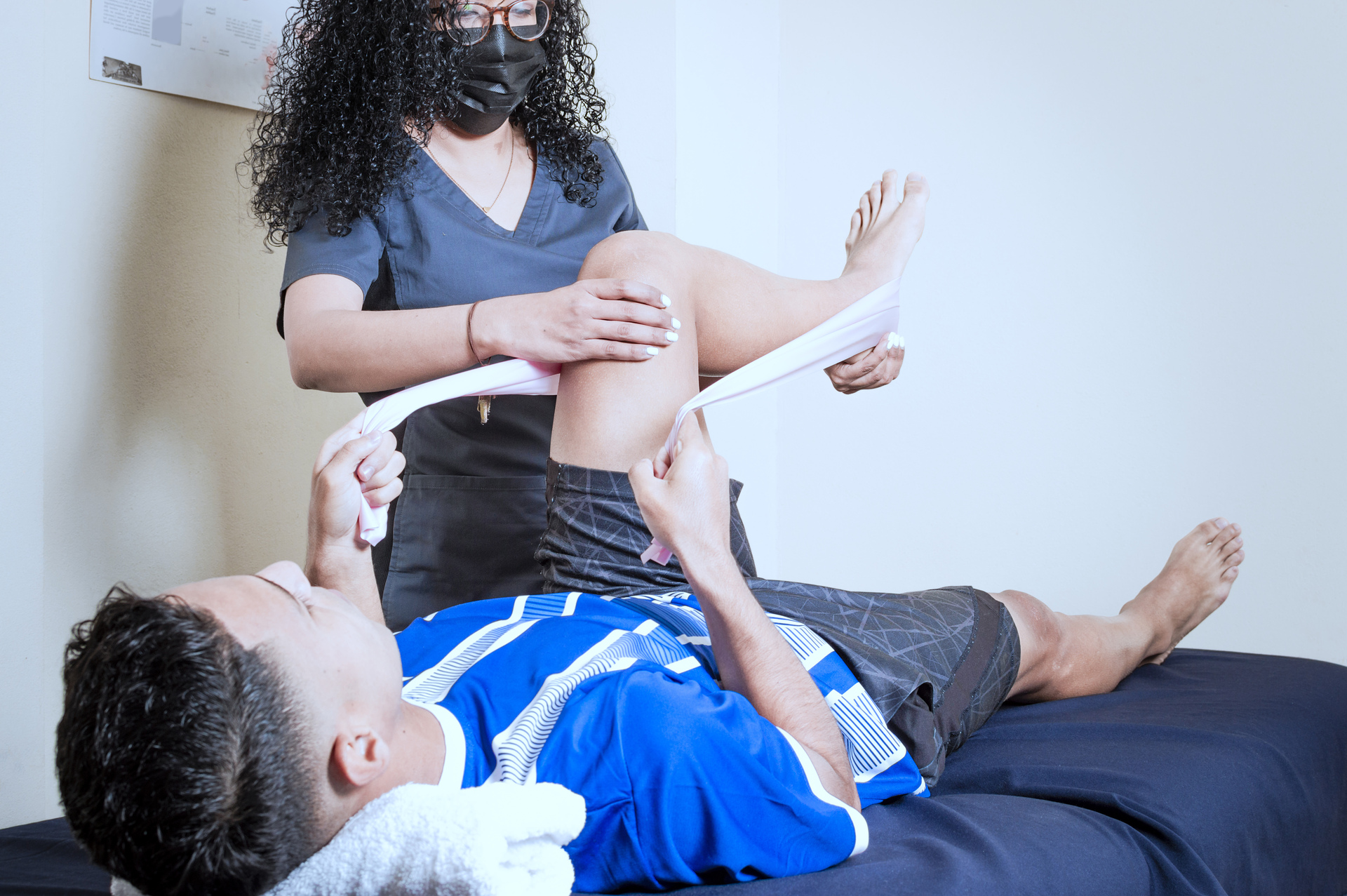
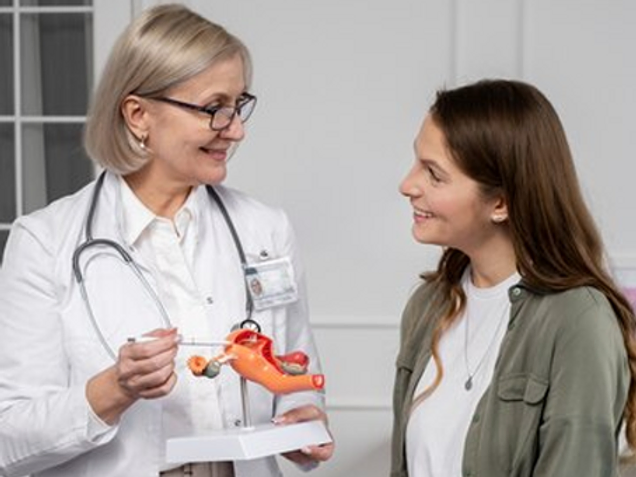
Dodajte Komentar